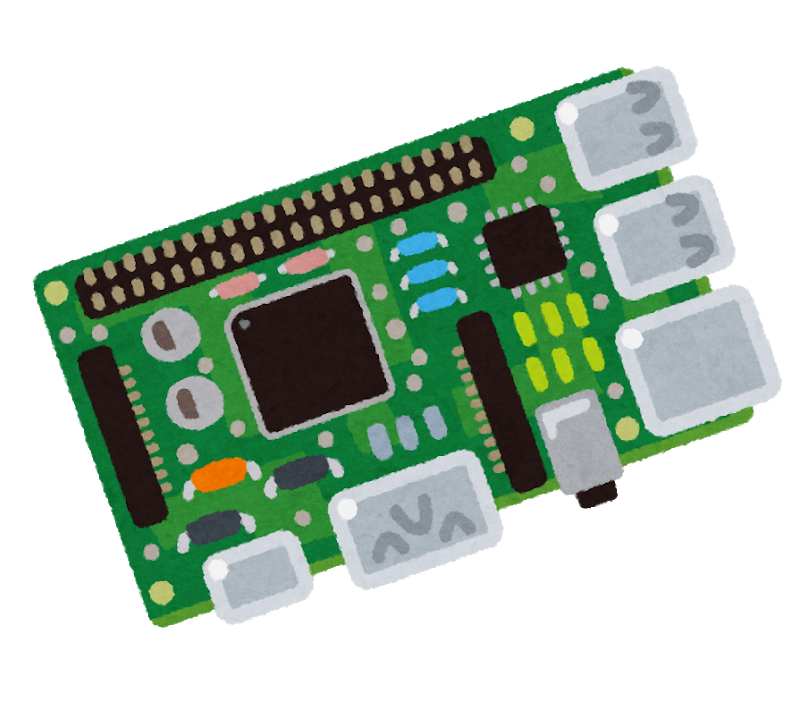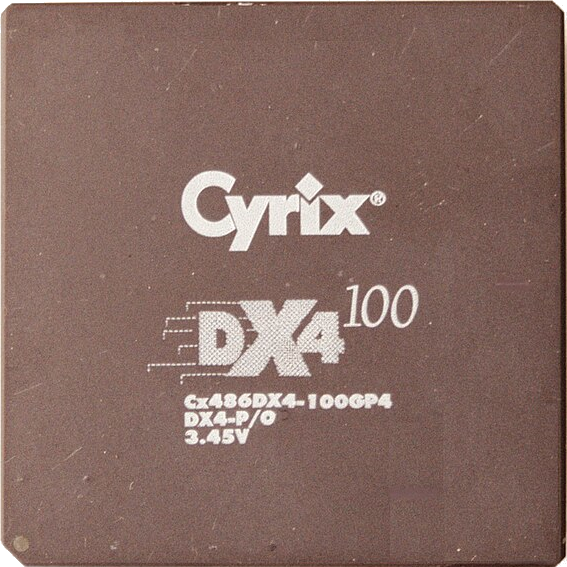Always nice to see solar projects, although I wonder why the author didn’t try to lower the Pi’s power consumption. This would have been the first thing I would have done when trying to optimize things. 5 W is quite a lot for a Raspberry Pi and there are a couple of things one can do to lower its power consumption.
Care to share one of those things? Because I’ve got a rpi 4 and I’d love to hear some “under-the-sleeve” tricks to make my rpi 4 a bit more happier than it already is.
Sure! Shutting down certain peripherals can reduce power consumption. The biggest difference can usually be achieved by disabling the USB controller - this is also true for the Raspberry Pi 3 (although on the Pi 3 you would also lose access to the Ethernet controller). So if you don’t use it, turn it off (and it looks like the author didn’t use any of the USB ports, so this would have been an option). Even turning of the HDMI port saves a little bit of power - it makes a difference even if no display is attached. A tiny bit of power can also be saved by turning off the LEDs. I also tried lowering the CPU clock, but that didn’t result in a noticable difference in idle power consumption.
At the moment I don’t currently have a Pi 4 on hand to experiment with, but I do have a Raspberry Pi 4 Compute Module (CM4) on a very minimalistic carrier board and with that I am able to idle at about 1.3 W.
That is very impressive! And thank you very much for those tips. Oh, and mine tends to sit around 2.3W… and that is with over_voltage at 5, and both min and max cpu values at 1500 while running a couple things 24/7 (docker, a live stream on ffplay, pihole.)
This thread has some interesting details as well: https://forums.raspberrypi.com/viewtopic.php?t=257144
There people managed to get idle power on a Raspberry Pi 4B to a little under 1.8 W. Interestingly, people there report that on their Pi 4’s disabling USB doesn’t do much. If I remember correctly, there were a few Pi 4 firmware updates that optimized power consumption over time. So the different firmware versions can behave differently when it comes to power consumption.Your 2.3 W doesn’t sound too bad to begin with. Certainly better than the 5 W mentioned in the article.
This is exactly what I was looking for!
I even went throughout the same thought process as well, trying to stay within the expensive, but fool-proof consumer electronics segment. The only thing that stopped me so far was that the powerbanks with passthrough charging and good capacity are either out of stock, or prohibitively expensive.
I’ll go this way, despite the regulator being rather large in size for the purpose.
Congratulations!
Isn’t mine, I just shared the link.
But yeah I am slowly working one something similar. Main problem right now are the batteries… as usual 😒





